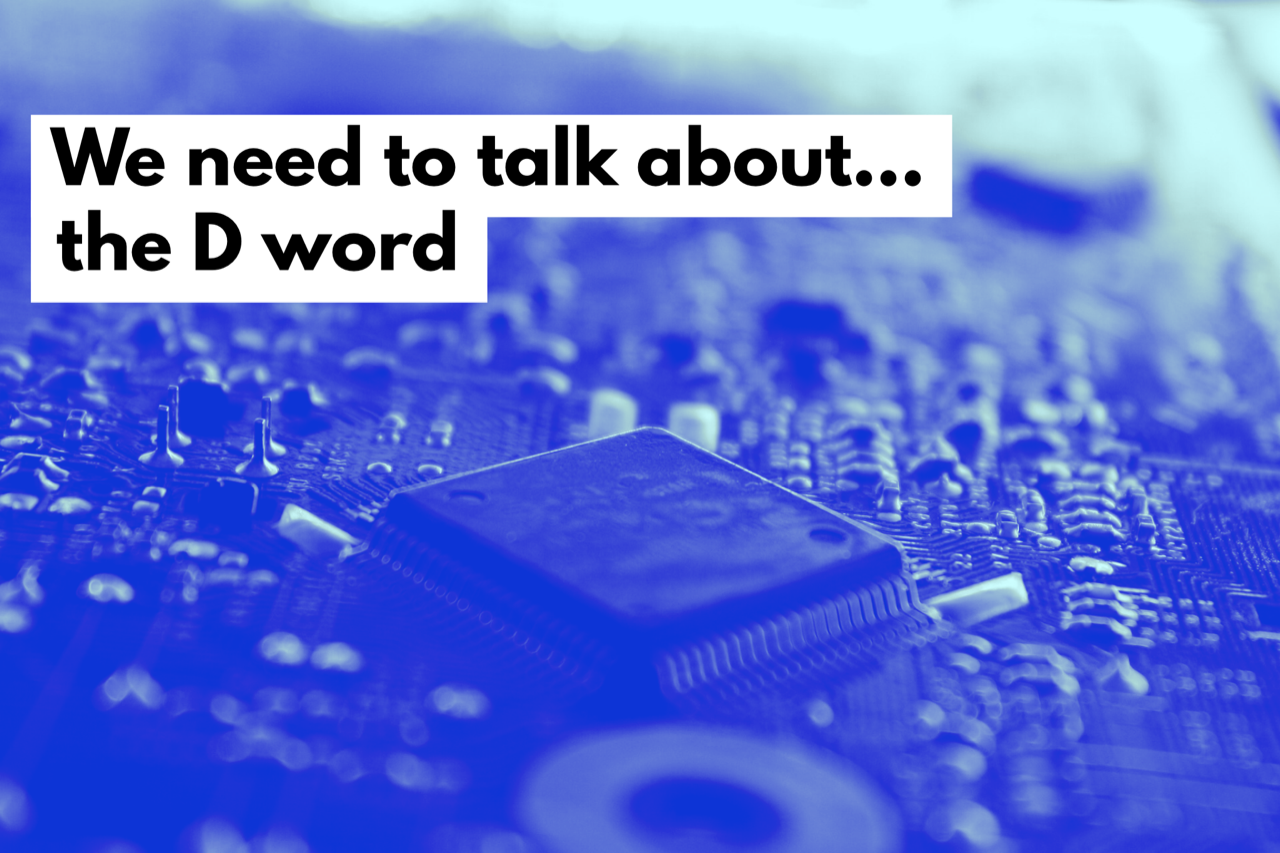We need to talk about… the D word
The latest in our regular series looking at hot topics. Deliberately provocative, we're trying to start a debate. This time, we need to talk about... the D word.

What does disruption actually mean?
Words like disruption and reinvention are appearing more frequently across the protection industry these days. Often, they are used to describe various new protection propositions recently launched in the market, sometimes formally, sometimes less so. Maybe it’s to get attention or maybe it’s because there is genuine disruption. Or maybe it keeps the investors happy.
We’ve always believed that ‘disruption’ means massive change. A product and/or process that comes from nowhere and completely changes the landscape, scares the hell out of the incumbents and doubles the size of the market. If not more. Isn't that proper disruption?
Some of the marketing ideas we are seeing lately are different. Very different. We like it, mostly, especially if it grows the market and it looks like the newcomers have done a good job at identifying target customer segments and building technology-based propositions to reach them. And that's great - we like new entrants, we like change and we like anything that's good for customers.
But are the underlying products and processes really as different as the word 'disruption' promises? And is it all good for customers?
Once past the hype, will customers really notice any difference? Will they make the transition into adviser land? Will these propositions grow the protection market?
From a product and process point of view, we think we’re yet to see anything that has existing providers quaking in their boots thinking, “Where the hell did that come from and what are we going to do about it before our sales plummet?”
We hope they are successful (well, most of them) and do indeed grow the market. The new entrants are typically well-financed, but how much of that startup cap has been earmarked for customer engagement and marketing?
Perhaps that’s what’s needed to really shake things up and create customer awareness and demand.
But if the underlying propositions are actually just slight evolutions of current/old products and not the cataclysmic disruption promised by the marketing and the PR, will even a hefty investment in communications really pay off?
Tell us what you think.
Liked this article? You’ll probably love our other posts.
Subscribe here to get impartial expert protection insights delivered right to your inbox.
